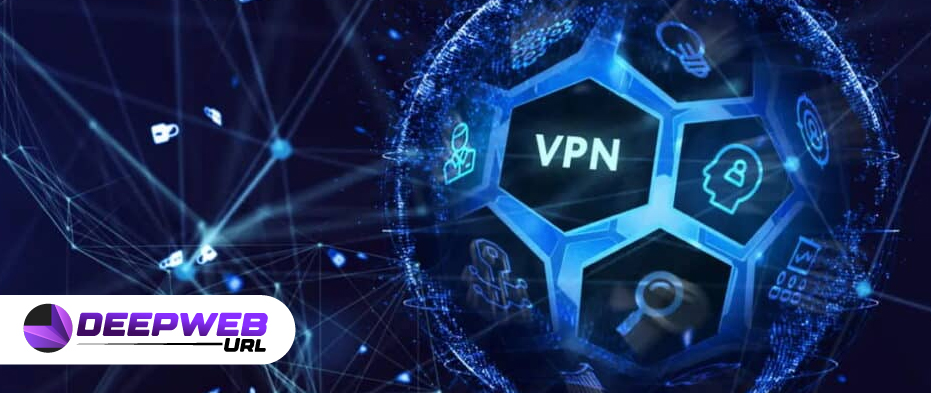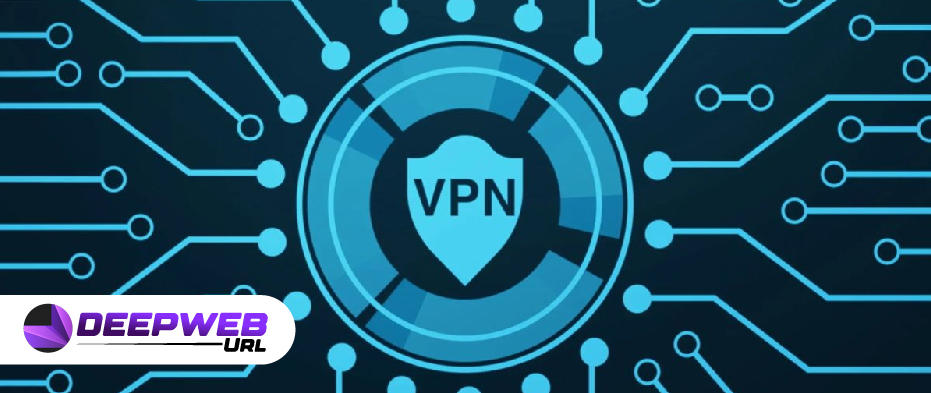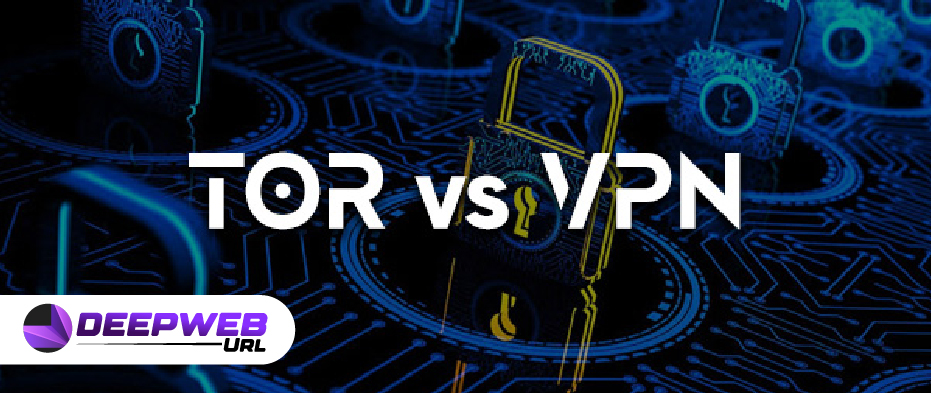Protecting online privacy is more important than ever in today’s digital biosphere. Your ISP, government agencies, and even advertisers can track your internet activity. This information can be used to build a profile of you, which can then be used to target you with ads or, even worse, to track your movements or monitor your online activity.
There are many ways to protect your online privacy, but two of the most effective are Tor and VPNs. Tor is a free software that helps you browse the web anonymously. It does this by routing your traffic through a series of volunteer-run servers, making tracking your real IP address difficult.
A VPN, or virtual private network, is a service that encrypts your internet traffic and routes it through a server in another location. This makes it appear as if you are browsing the web from that location, which can help to protect your privacy.
Both Tor and VPNs can be effective tools for protecting your online privacy. However, there are some important differences between the two. Tor is more effective at hiding your identity but can be slower than a VPN. VPNs are not as effective at hiding your identity but are generally faster than Tor.
Why Are Privacy Matters?
Sometimes when we browse the web (the following will be true, especially on the Clearnet), we see that some users are actively arguing about whether they need anonymization techniques. Those against anonymization always reason with the classic sequence: “They are welcome to spy on me all they want; I’ve got nothing to hide.”
Well, this might be true to some degree: perhaps you have a nice legal job, a good family, you are a law-abiding citizen, and you never did anything against the law if this is the case, good for you.
However, imagine this: you get up one morning, and one of your Facebook buddies requests that you send him your Facebook and Gmail passwords because he is curious about you. He (or she) will promise that he won’t change anything: he won’t write new messages to anyone, won’t put up new posts, nothing like that. He is just going to read into your private messages a little, see what kind of photos you sent to your close relatives, etc. He wants to know you better.
Would You Send Your Passwords To This Friend? Yes, or No?

If the answer is ‘no,’ then you just learned something and learned a very important lesson here. You learned the difference between “I’ve got nothing to hide” and “I don’t mind if strangers are poking into my private life.” You are welcome.
(If the answer to the previous question was ‘yes,’ let us forward you to the Hidden Wiki site on the Tor network, where you can find numerous sites that will happily take your login data).
So, no matter if you have something to hide or not, privacy is a right of every person. Just as you close the toilet door every time you use the facility. You are not closing the door because you plan to do something illegal; you close it because you need some privacy for a few minutes.
It is not uncommon these days that we are living in humanity’s biggest human observing system.
Just imagine this: about 10-15 years ago, if an inspector wished to find out who you are, who your friends are, what kind of person you are, what are your hobbies, interests, etc… this would take him quite a lot of time, workforce, and money to investigate. The inspector would need to spy on you, watch your daily routines 24/7, follow you, etc.
Today, it’s nothing like that anymore. Today, you give all this info to everyone, volunteers. If you send me your Facebook profile URL, even I will be able to harvest this info about you. And I am just an average person on the other side of the world.
Now Imagine What A Governmental Agency Would Be Able To Do.

And I’m not even talking about the fact that you have a personal monitoring device with you all the time, 24/7. Yes, I am talking about your mobile phone, which is – I’m quite sure – within your hands reach, even at this very moment while you are reading this article. Or maybe you are reading this article directly on your phone right now.
A few years ago, the world didn’t feel the need to carry a thing like that in the pocket. Today, you even carry it to the toilet, and if you accidentally leave your home without it, you’ll turn back for it from the street corner.
That little thing is not just your shiny, friendly telephone. That is the most advanced tracking device ever used in humanity’s history. With that, government agencies can always track where you are (even when GPS is turned off) and, in some cases, can hear what you talk about. Although this latter statement isn’t officially proven, I’m sure you encountered numerous times that when you started to talk about a certain topic or product with a friend, a few hours/days later, the relevant advertisements started appearing to you on Facebook. And it happened too often to think of it as a coincidence.
So, my dear friend, we have bad news for you: you are being tracked 24/7.
Don’t worry; most of these tracking are pretty harmless: mostly American companies are tracking you to be able to show you more relevant ads. While it can be annoying, it won’t do great damage to your life.
But what about governmental agencies? What if you live in a country where speaking openly about certain topics is not the brightest idea? What if you do have something to hide? Not necessarily talking about illegal things, but for example, if you have a sexual orientation that you aren’t ready to share with the world yet? What if you don’t like having an agency that always knows what you are doing?
These are disturbing thoughts to a lot of people.
And this is where privacy-related things, like the Tor Network, the VPNs, the anonymous proxies, the deep web, etc., come into place.
Using the Tor Network, you are not just able to access a lot of underground deep web links (for example, you can reach the Hidden mentioned above Wiki, where you can navigate yourself through the network), but you will be able to use the internet, without any website knowing who you are, and where are you from.
With the use of VPNs (stands for Virtual Private Networks, free and paid options exist, and paid ones are always more reliable), you not just can hide your internet activity from your provider (by the way, you can do that with the Tor Browser also), but you can ‘teleport’ yourself to other countries as well. For example, if you want to view a live stream only available in certain countries, you can make yourself look like you are there with just a click of a button.
On the deep web, you can find many tools which can increase your privacy factor. You can find the official Tor Browser for Android and iOS phones (search for “Tor links” or “deep web links” if you want), and start using it anytime you wish.
You can find some great links on this website, where you can start learning more and more about anonymity and security.
What Can You Do to Strengthen Your Privacy?

Now that you know why having someone around poking in your life is bad, you wish to see what you can do about it. Great!
The answer to the question depends on… well… it depends on how much you have to hide.
The answer to the question varies from “Don’t talk about nasty things on Facebook” to “Not use a smartphone at all.”
If you are a perfect, law-abiding family guy, who doesn’t want to see his spoken words in the advertisements a few days later, you can try installing a few add-ons and apps which won’t track you that much. For searching, use DuckDuckgo instead of Google. However, you can use anything besides Chrome; you can even try the AdBlock Browser on smartphones and the AdBlock plugins on the PC/Mac.
If you have some shady business, try not to talk about this business when your phone is near you. Do not talk about these matters via any popular social media chat. You can use the Tor Network and the Tor websites for communication and e-mailing. However, you can also find many links on the Hidden Wiki that can help you.
For very shady businesses, use a burner phone and a burner phone number. You can find these in real-life shady markets.
If you plan to destroy the world, plan to bring down a country’s government, plan a terrorist attack, etc… well, I think we have reached the end of the scope of this article today.
Joking apart, you can now see that while everyone wants privacy, there are many levels. I suggest you always keep common sense when using the internet when talking on your phone, or when using your phone.
It isn’t always bad to keep your phone at home, not just for privacy-related reasons but to have some fresh air. Try to go outside, somewhere with your friends, without an electronic spying device attached to your pocket.
You’ll have a refreshing experience when you feel the freedom of not needing to check your phone every 10-15 minutes for new notifications. You can try it now, and thank me later.
Conclusion
In conclusion, using Tor or a VPN is essential for protecting your online identity. These tools provide a layer of anonymity by encrypting your internet traffic and hiding your IP address. Whether you’re concerned about safeguarding personal information, evading surveillance, or accessing restricted content, Tor and VPNs offer crucial solutions. So, by masking your online activities and location, they help preserve privacy and defend against potential cyber threats.
